For some particular reason, why the vegetables never got eaten was forgotten but not eating them is a common theme among the smaller set.
As we aged the idea of not eating vegetables tended to go out the window, simply because we knew that we should eat vegetables. Unfortunately, the idea and the practice rarely went hand-in-hand. Adults are no less likely to eat their vegetables then they were as a child. They just hide it better by eating them when others were around to appear as healthy eaters. Those often sited “studies”, however, saw through to the true eating habits of adults and reported that, more often then not, you’re not eating your vegetables or at least not near enough.
How much to eat
Any reasonable person knows that the government guidelines and those studies are about as realistic as a child forgoing chocolate. The studies indicate the need for 4 cups (9 servings) of vegetables per day, based on a person needing 2,000 calories per day. To some this might sound like grazing rather then eating. Unfortunately, the studies do indicate time and again that these nutritional requirements are about the right levels for keeping a body in balance with regard to all the nutrients it needs to function properly.
Which nutrients are important?
All of the nutrients found in vegetables are important in one way or another. Each helps in the functioning of the body. Some, however, are a bit more important for particular body parts then others. All are important; it’s just that some are just more important.
As far as the studies are concerned, they tend to look at: Potassium, Vitamin A, Vitamin C, Calcium and Iron as the big ones to think about. There are other nutrients in vegetables that are just as important, but for the average person these are the big ones. Past the nutrients also consider that the Carbohydrates, fiber and proteins found in vegetables are important and things you need to consider in your vegetable and overall diet.
Why eat vegetables?
Consider that eating is like putting gas in your car. You need it to make the car go. Food is the gas for the body. Don’t eat it and you won’t go. Any food will do, it’s just that some gas blends are better then others. Put a low grade gas in your tank like McDonalds and eventually the engine is going to start running rough. Put a better grade fuel in your tank and the engine will run smoother without hick-ups. The problem is, every once and a while every engine gets hick-ups.
Vegetables are a better grade of gas that helps to prevent hick-ups. From these studies that have been talked about, heart hick-ups are the area where vegetables have proven, through very reliable studies, to prevent hick-ups. There are other hick-ups where some have suggested that vegetables help with preventing hick-ups like cancer, but the very reliable studies cannot say 100%, or close to it, that this is so. The heart, however, is very reliably linked to vegetables and heart health.
Which vegetable to eat
Considering the number of vegetables found around the world and the way that they fit into differing regional cultures, it would be fairly difficult to list the seven best or worst vegetables and their nutrient values. What can be done is to pick seven vegetables that might represent 6 types of vegetables, with particular nutrient values associated with them.
Leafy greens
This group of vegetables is the absolutely most important type of vegetable that a person could eat for overall health and general heart health. This is a hands down eat it every single day; the darker the leaf the better in a general sense. Heart health is where you will find the most benefit. There are many of these vegetables but Kale is the one most often mentioned from a nutritional, cooking and taste perspective to try. For 100g it has 450mg of potassium, 180% of recommended daily requirements (RDR) for vitamin A, 200% of RDR of vitamin C, 15% RDR of calcium and 19% of DRR of Iron.
Medium green bell pepper
The green bell pepper is a bit short on its calcium <2% RDR Calcium and 4% RDR of Iron but it is solid in Vitamin C with RDR of 180%. Potassium is at about mid-point at 210mg.
3 medium spears Broccoli
Broccoli is also a bit short on Calcium and Iron because of its water composition at 4%RDR but is mid-pack on Potassium 300mg and 30%RDR vitamin A, at 140% RDR of vitamin C it is a bit higher then other vegetables.
1 medium carrot
Carrots are a good vitamin source for potassium and vitamin A at 270mg of potassium and 270 RDR Vitamin A but low at 2% and 0% for Calcium and Iron respectively.
1 cup butternut squash
Squash is above mid-pack with 4490mg Potassium, 220% RDR Vitamin A, 50% RDR Vitamin C and 6% RDR for Calcium and Iron.
3 medium Roma tomatoes
Tomatoes are big on Potassium at 410mg and lower on other Vitamins and minerals at less then 60%RDR.
Be sure to grab these veggies when you are at the market next!

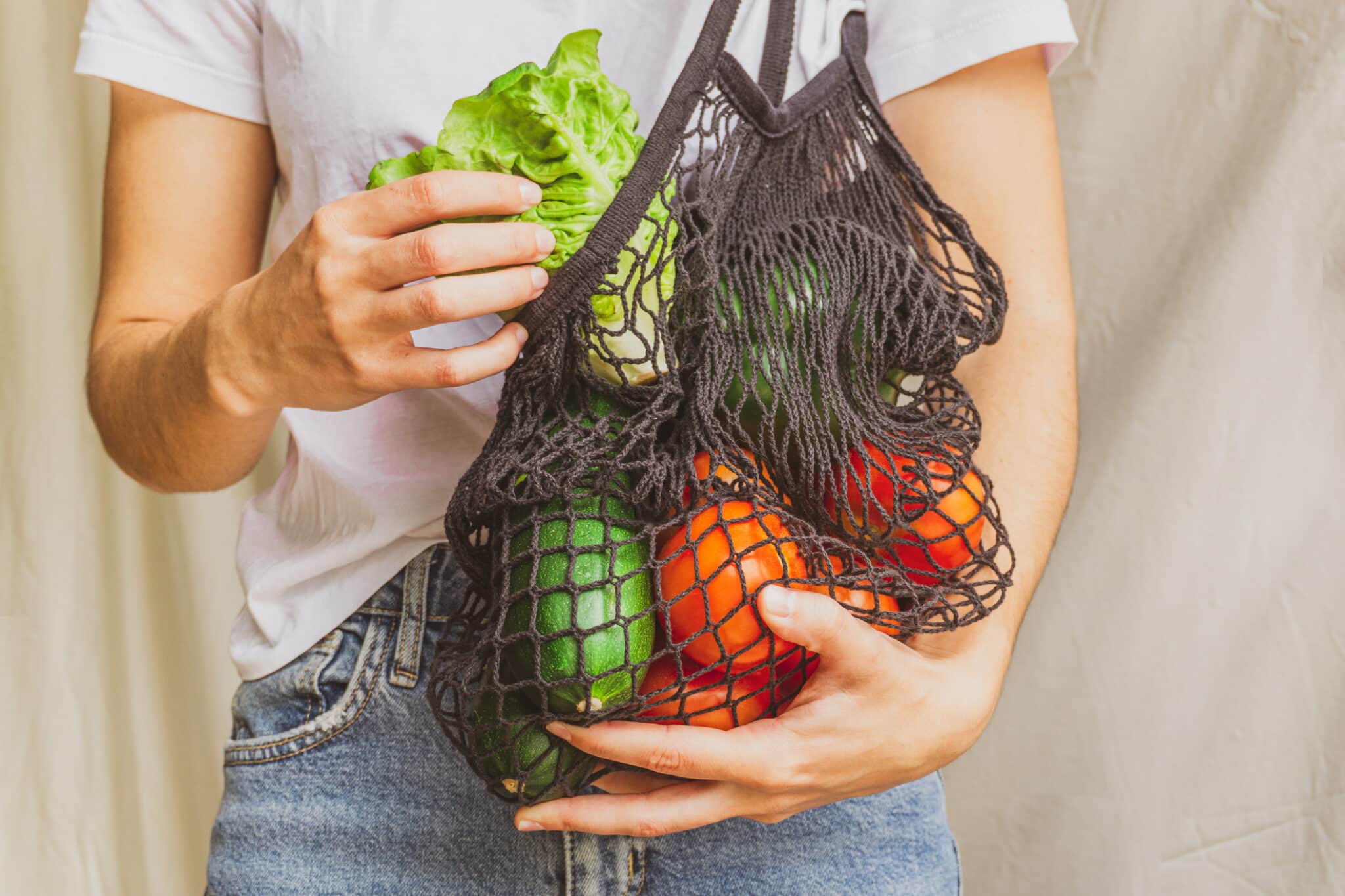
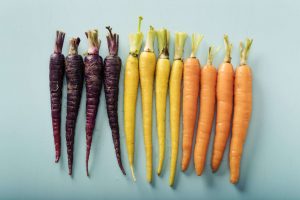
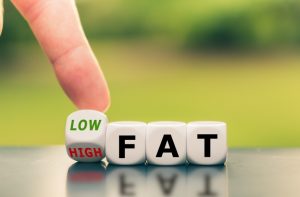
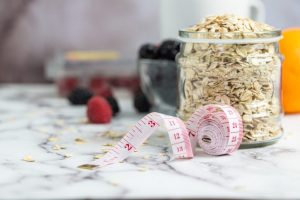
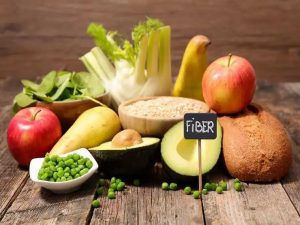
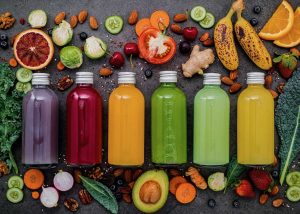
Be First to Comment